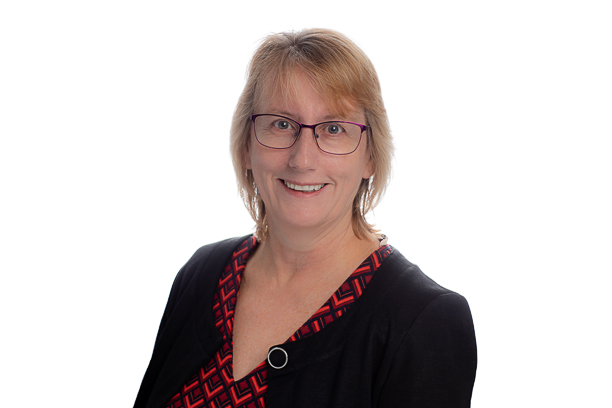Agriculture
Adapt, nurture and generate real growth for your agriculture business.
We understand that farming is distinct in the challenges it faces. Across the entire sector, there’s increasing pressure to adapt approaches, adopt new ones and find new revenue streams. With growth at the heart of your world, we work with you to gain an in-depth understanding of your business priorities. Whatever your circumstances, we aim to find solutions and help you overcome your particular challenges.
Strategic advice for
a secure future
We act as an extension of your business, implementing practical tax and accounting solutions for the here-and-now, as well as offering insightful, strategic advice for the future.
From establishing your succession plans to supporting diversification across your operations, we are committed to supporting your development now and in times to come.
We know what sets you back and what moves you forward
In the ever-evolving agriculture landscape, we provide valuable insight to drive your business where you want to take it.
As members of the National Farmers’ Union (NFU), the Country, Land and Business Association (CLA) and the Essex Agricultural Society, we understand the challenges impacting your industry and how to respond to them most effectively.
Sign up to our newsletter and receive the tax and financial information that’s relevant to you.













